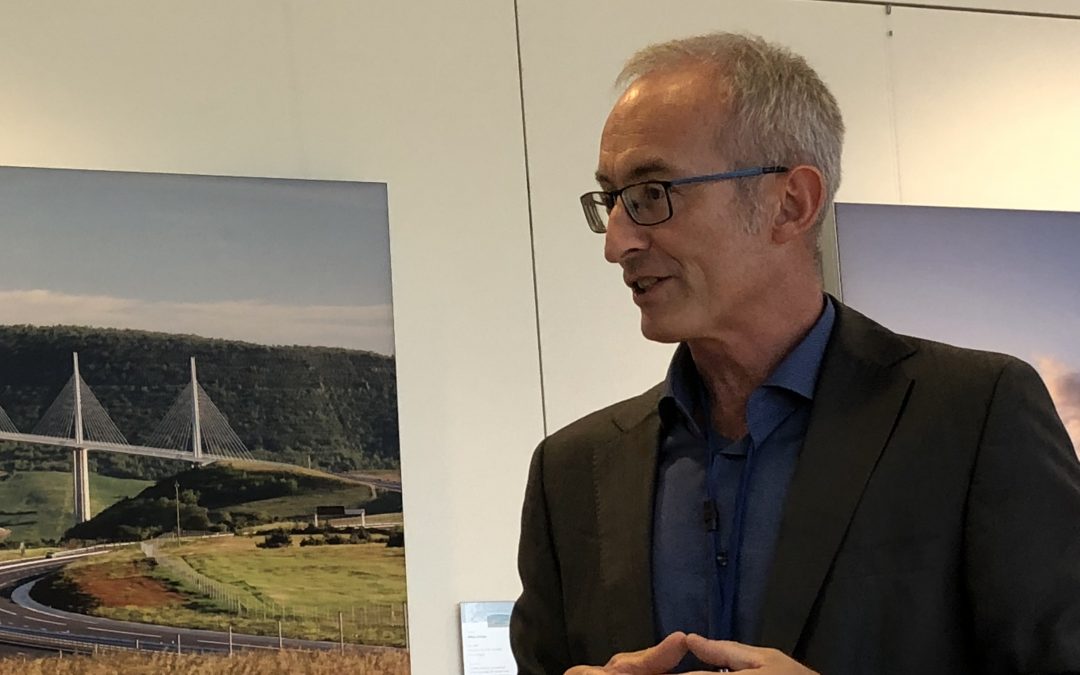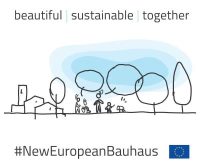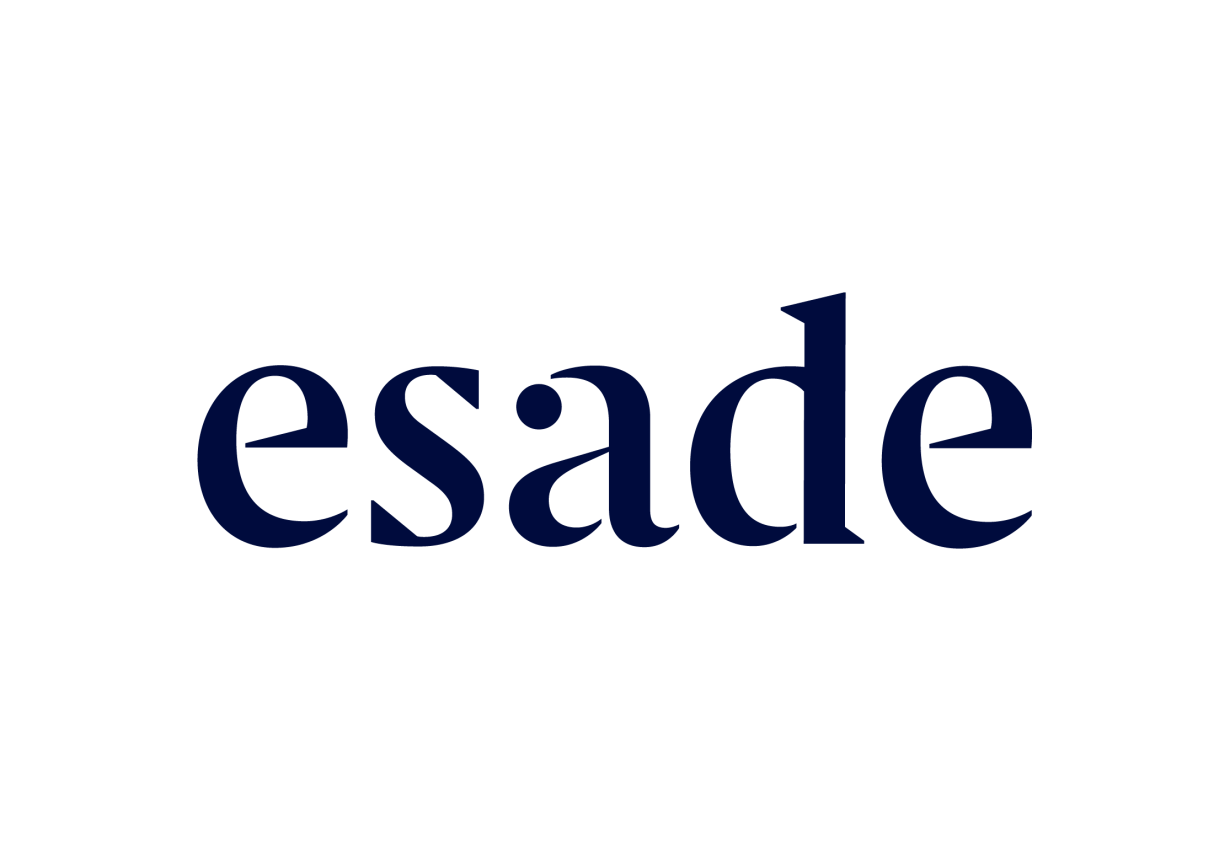In the fight against climate change, the residential sector is one of the areas with the greatest potential for energy savings: the cleanest and cheapest energy choice is not to waste it, said Professor Massimo Filippini, ETH Zurich, at an EIB Institute seminar.
But how can consumers be helped to take energy related investment decisions that are rational for themselves and for the environment? he asked.
His answer is: by increasing their level of energy related financial literacy, which is currently low according to a study in four European countries.
Behavioural economics studies suggest that the most efficient solution is to address the issue when retrofitting homes or purchasing electrical appliances.
To encourage a rational choice, several policies could be developed Prof. Filippini suggested. Like in the USA, producers should be obliged to provide monetary information on total life cost or yearly energy consumption rather than technical data on energy consumption that, for the large majority of citizens, have little meaning. Other solutions include promoting educational training on energy and investment related topics (notably on total life cost) and providing decision support tools such as online or mobile phone calculating tools or calculators at the point of sale.
This would “empower consumers” who currently under invest in new and more energy-efficient technologies, although these investments would be financially beneficial, Prof. Filippini added.
At a policy level, “the effectiveness of the introduction of environmental taxes/subsidies can increase only if people are informed and have a high level of energy related financial literacy”, he concluded.
Click here for the presentation.





